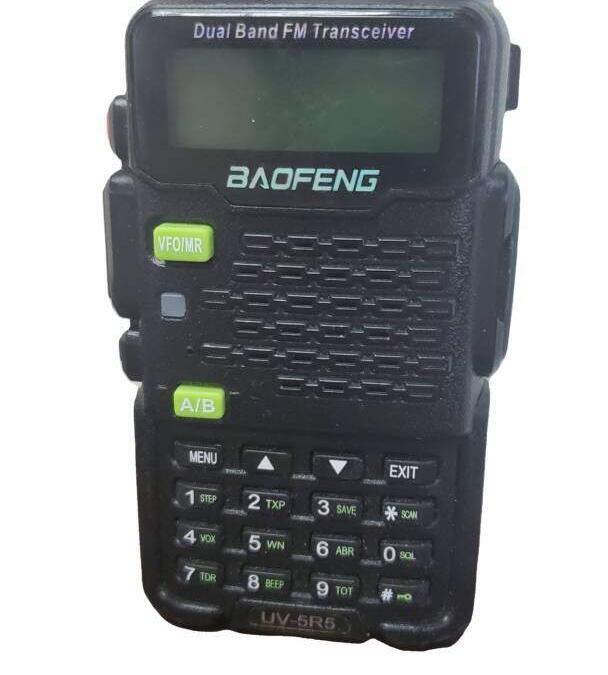In this day and age, technology is advancing at a rapid pace and businesses are quickly transitioning towards utilizing technology to improve their efficiency and productivity. In particular, many businesses are utilizing radios to stay connected with their employees, vendors, and customers. However, it is important to note that using radios for business communications is subject to certain regulations, including those from the Federal Communications Commission (FCC). When it comes to using radios for business, there are two types of radios that businesses can use: licensed radios and unlicensed radios. Licensed radios require the business to obtain an FCC license in order to legally operate, while unlicensed radios can be used without a license.
FRS, MURS and CB radios (aka. Walkie Talkies) are popular examples of unlicensed radios. While using unlicensed radios may seem convenient, there are several limitations to using them for business communications. For one, these radios are primarily designed for recreational use, so they are limited in terms of range, power, and other features. Additionally, they are not designed to handle the demands of a business, such as the need for more complex radio systems with features like repeaters and encryption. The range to expect out of these simplex radios is really only a few blocks in the city. GMRS radios can also be used for a business, and can also use repeaters, but a license is required for each user. Given this it is simpler for a business to get a commercial license to cover all the employees.
There is frequency space allocated for businesses. Of course, the temptation is there to cheat and use uncertified radios or frequencies that were not assigned to the business. The problem is that businesses may be in violation of FCC regulations. The FCC has strict rules and regulations when it comes to operating radio equipment and requires that businesses obtain an FCC license in order to legally use radios for communications. Failure to comply with these rules can result in hefty fines. The use of uncertified radios may result in interference with other users of the spectrum. The FCC has strict regulations on the types of radios that businesses can use. One type of radio that is commonly used by businesses but is not FCC compliant is the Baofeng radio. Baofeng radios are commonly used by individuals for recreational use, but businesses should not use them for professional purposes. This is because Baofeng radios are not designed for business use and can generate spurious output that can interfere with other users. Additionally, it is also possible for users to enter incorrect frequencies, which can also result in interference with legal users.
To make matters worse, there are vendors, like Retevis, who are selling amateur radios to businesses, which are also not compliant with FCC regulations. It is important for businesses to ensure they are only purchasing radios that are designed for professional use and are FCC compliant. Amateur radio (ham) is a separate licensed radio service which is prohibited from business use. One of the drawbacks to using amateur band space is that many of the operators are technical experts who are more likely to track down those using the band illegally even if the FCC doesn’t. Retevis has been selling their RT29 radio, which is listed on their site as a business radio, programed with the following amateur frequencies:
| Frequency |
| 441.625 |
| 442.725 |
| 440.825 |
| 444.925 |
| 445.125 |
| 446.225 |
| 447.325 |
| 448.425 |
| 449.525 |
| 440.175 |
| 435.875 |
| 439.575 |
| 438.475 |
| 437.375 |
| 436.275 |
| 435.175 |
Unsuspecting businesses have been buying these radios and illegally using them in the wrong band. For the RT29 I have not been able to find a part 90 certification, which is required for use in commercial bands. The RT29 appears to be part 95 certified which would allow it to be used in the GMRS band and subject to the GMRS License requirement.
We do have services available to assist businesses with bringing their radios into compliance. These include obtaining an FCC license, and reprogramming radios to be compliant for the service they were designed for. Since many have mistakenly bought these for business purposes, we are also offering a buy back for Baofeng radios with the purchase of a new radio from us. Additionally, businesses can also consult with experts to design a radio system that meets their needs and is compliant with FCC regulations.
